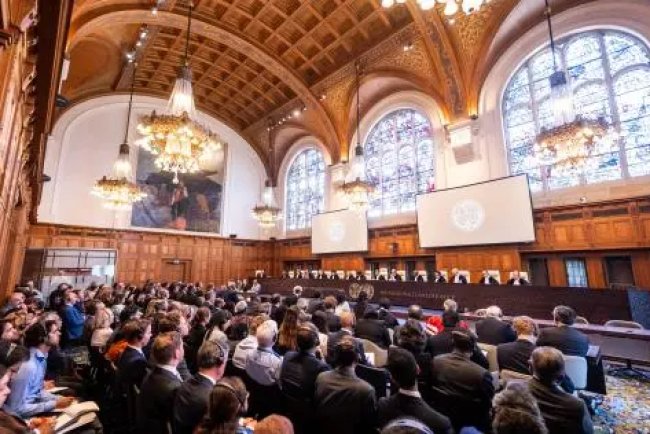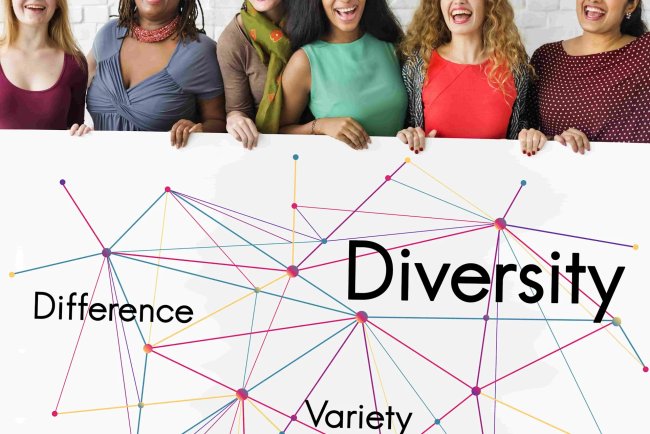US Companies Quietly Adjust DEI Strategies Amid Political Pressure
As DEI faces growing legal and political resistance in the U.S., companies are quietly changing how they approach diversity without abandoning inclusive goals. Many now rely on neutral language and third-party hiring to avoid backlash.

As the Trump administration is under intense political pressure, American businesses are collectively quietly phasing out or avoiding diversity, equity, and inclusion (DEI) programs. While concepts of inclusion and fair opportunity continue to be embedded in business models, official use of DEI jargon and espousal of such initiatives have declined dramatically. The trend is while litigation against and pushback from conservative circles for DEI policies, especially race- and gender-based ones.
In response to this shifting environment, businesses are refashioning or reorienting their DEI initiatives by renaming them with more politically neutral language. "Employee engagement," "inclusive culture," or "impact initiatives" are being employed as alternatives to "diversity, equity, and inclusion" in organizational communication and public statements. The hope is to maintain backing for diverse recruitment and fair workplace practices without invoking unnecessary legal or political scrutiny.
The other institutions are also outsourcing inclusive employee practices under the cover. Outsourcing such activities help institutions achieve internal objectives of incorporating employees within the workforce without openly promoting such activities and thus remain exempted from being sued or questionable debates. In certain instances, the same type of inclusive employee benefits like transgender medical assistance or mental health programs are still being provided but not openly promoted.
Legal risk has caused firms to tread carefully when articulating objectives such as raising the number of women or minorities at the top. Such objectives may be read as discriminatory or unlawful by this administration. So corporate emphasis on DEI continues but much more behind closed doors. Internal initiatives continue but messaging is tightly managed and selectively disclosed.
Even non-profits are taking extra care to get away from politically loaded language. Some are dropping words like "racial equity" and "social justice" from their names or mission statements to not be lightning rods for criticism. The moves are done in order to protect their operations but continue to aim at similar goals under less inflammatory branding.
Major American companies including Ford, Lowe’s, and Harley-Davidson have recently withdrawn from LGBTQ+ workplace rankings like those produced by the Human Rights Campaign (HRC). Though these companies insist they still support inclusion, they no longer wish to be seen publicly endorsing such rankings, possibly to avoid triggering political backlash. Lowe’s, for example, has confirmed its continued commitment to workplace diversity, despite stepping away from high-profile public indexes.
Wells Fargo, once outspoken about its DEI initiatives after the 2020 social disturbances, has similarly reduced its public disclosure of such efforts. The bank once committed to increasing Black representation in leadership but has now ceased publishing regular official DEI reports. Though the DEI initiatives continue to be launched, what is disclosed in public reports and websites has changed. Ongoing efforts are now directed towards support to veterans, disabled, and neurodivergent, with race- and gender-specific targets being more subtle.
Wells Fargo, too, has its ties to initiatives such as OneTen, a not-for-profit entity that helps individuals—especially individuals of color—to gain employment without a college degree. These ties are no longer being referenced so highly in corporate announcements, declining to cite the term DEI by name.
Across corporate America, there is a trend towards private adjustment underway. While DEI hiring continues behind the scenes, companies are avoiding bragging about doing so. The risks of being sued or having their reputation damaged under the gusts of an increasingly aggressive political climate have witnessed more clandestine in-house plans.
Political rhetoric and legislative actions during the Trump regime have added layers to the DEI landscape. DEI initiatives in education and business have already come under attack by bills enacted into law in states such as Texas, leading corporate entities to question how openly they should market their commitments. The outcome is a less overt approach to Diversity, Equity, and Inclusion, with corporations still establishing diverse workplaces but deciding to do so without public proclamation or marketing campaigns.
Such deliberate departure from DEI goals is not a full rejection of the ideals. It is more of a strategic maneuver to shield businesses against political and legal backlash while keeping the spirit of diversity and inclusion in the business. The changing political climate of the contemporary world has compelled firms to tread a tightrope between being inclusive on one end and possessing a low profile that does not invite unwanted attention in the process.
The low-key rolling back of public DEI branding is a drastic change from how corporate America speaks to social governance. The focus has shifted from external marketing to internal practice, employing new lingo and third-party associations to keep long-term programs in secret.
Although the lexicon of words has shifted, most companies are still trying to build fair workplaces. The larger objectives of enhancing representation and justice at work persist, just without as much focus on public spouting. The change marks a new stage for corporate response to social challenges—one led as much by political prudence as by social conscience.
Source:Published by KnowESG
What's Your Reaction?

















